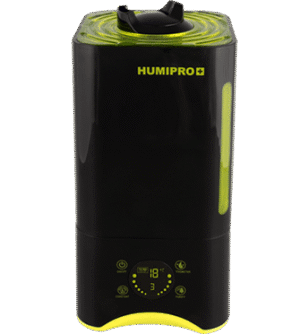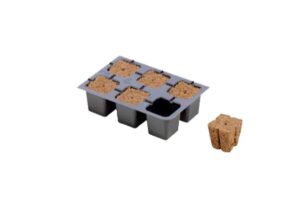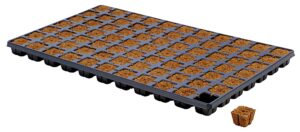Marigold Care
Marigolds are very low-maintenance once established, and they are notably pest-free. In fact, they are sometimes planted as a deterrent to pests that attack other plants. Marigolds can bloom almost non-stop and will keep going all summer, until frost. To achieve that non-stop flowering, keep your marigolds deadheaded. Flowering may decrease slightly during the heat of summer but generally resumes in full force as cooler weather arrives.
Tall varieties of African marigold are sometimes planted by stripping off the lower leaves and burying the stems extra deep. This encourages an extra sturdy root system and minimizes the need for staking the plants.
Light
For the most flowers and the healthiest plants, plant your marigolds in full sun. Shady conditions will cause the plants to become leggy and to flower less profusely.
Soil
Marigolds are not fussy. Any good garden soil (and a little water during dry spells) should keep them happy, as long as the soil is not too acidic. Keep the soil pH roughly neutral, from 6.0 to 7.0 . They also don’t need a soil that is particularly rich in organic matter and seem to grow better in a leaner soil.
Water
When you first plant your marigold seeds or plants, make sure they get regular water. Don’t leave them in dry soil for more than a couple of days. If it is particularly hot and sunny, water new plants every day. Once they have had a few weeks to establish a good root system, they will be more drought-tolerant, but they will still bloom best if given weekly water.
Temperature and Humidity
Marigolds are heat-loving plants that thrive in summers throughout their growing range. These true annuals may become a bit subdued during the height of summer, especially in areas with hot summers, but the flowering picks up again when the weather cools in later summer and fall.
Marigolds tolerate a wide range of humidity levels, but they may get powdery mildew in damp or humid summers. Planting in full sun and providing room for airflow will lessen this problem. These native plants of Mexico prefer relatively dry air.
Fertilizer
Your marigolds won’t need any supplemental fertilizer unless your soil is extremely poor. The best thing you can do to keep them in flower is to deadhead regularly.








Reviews
There are no reviews yet.